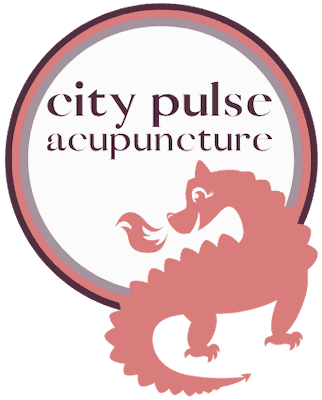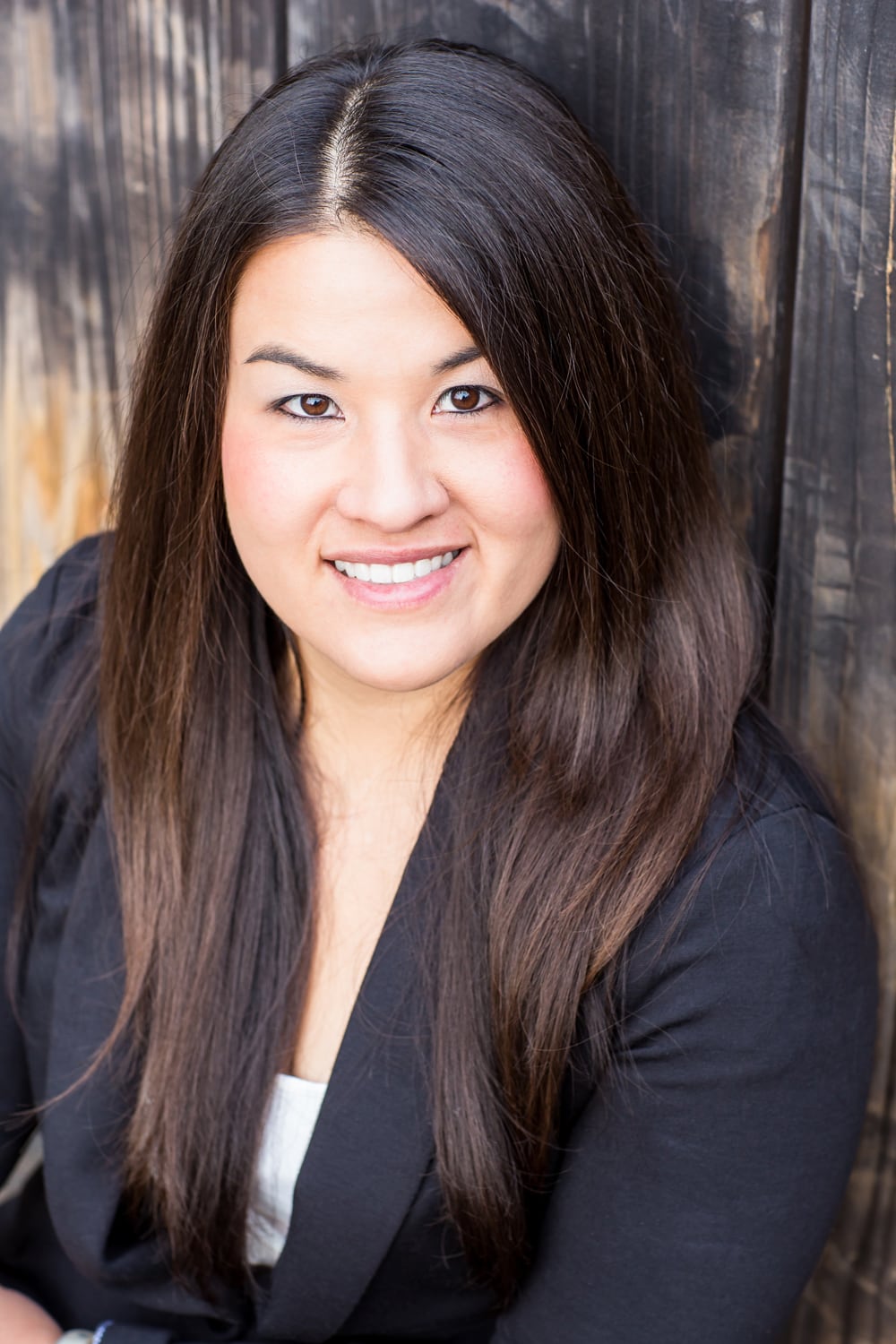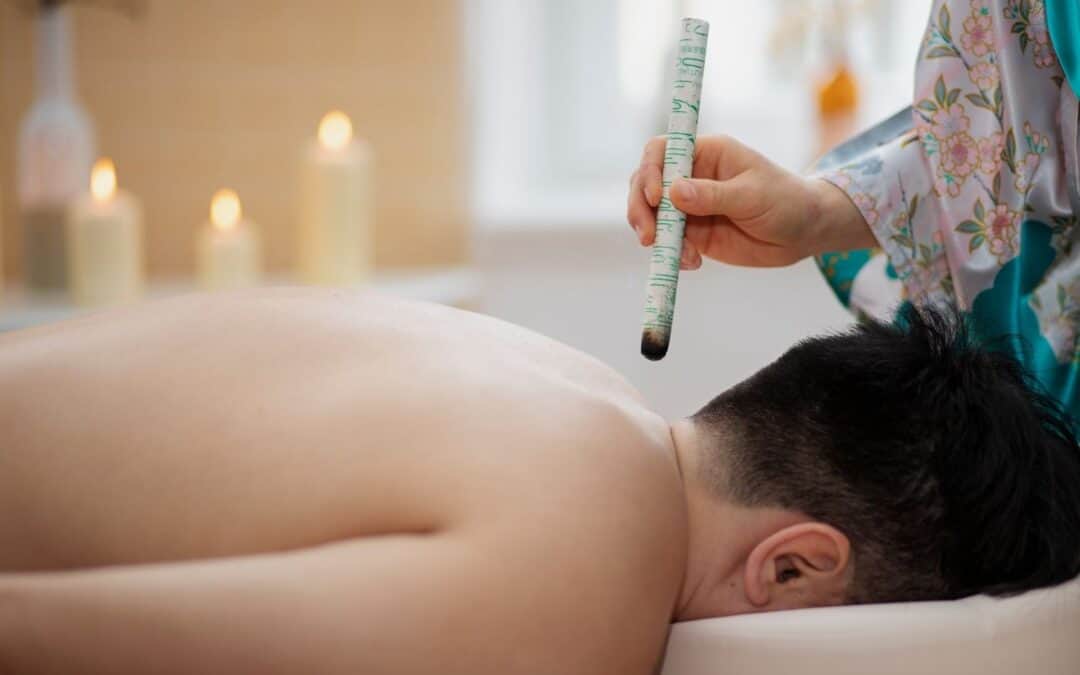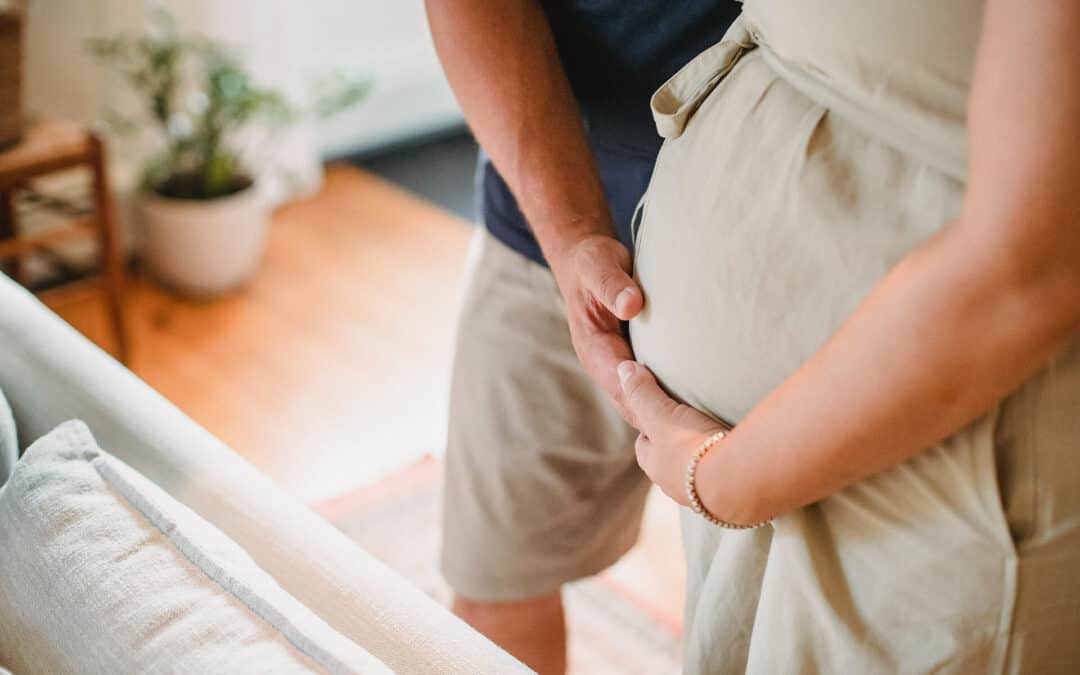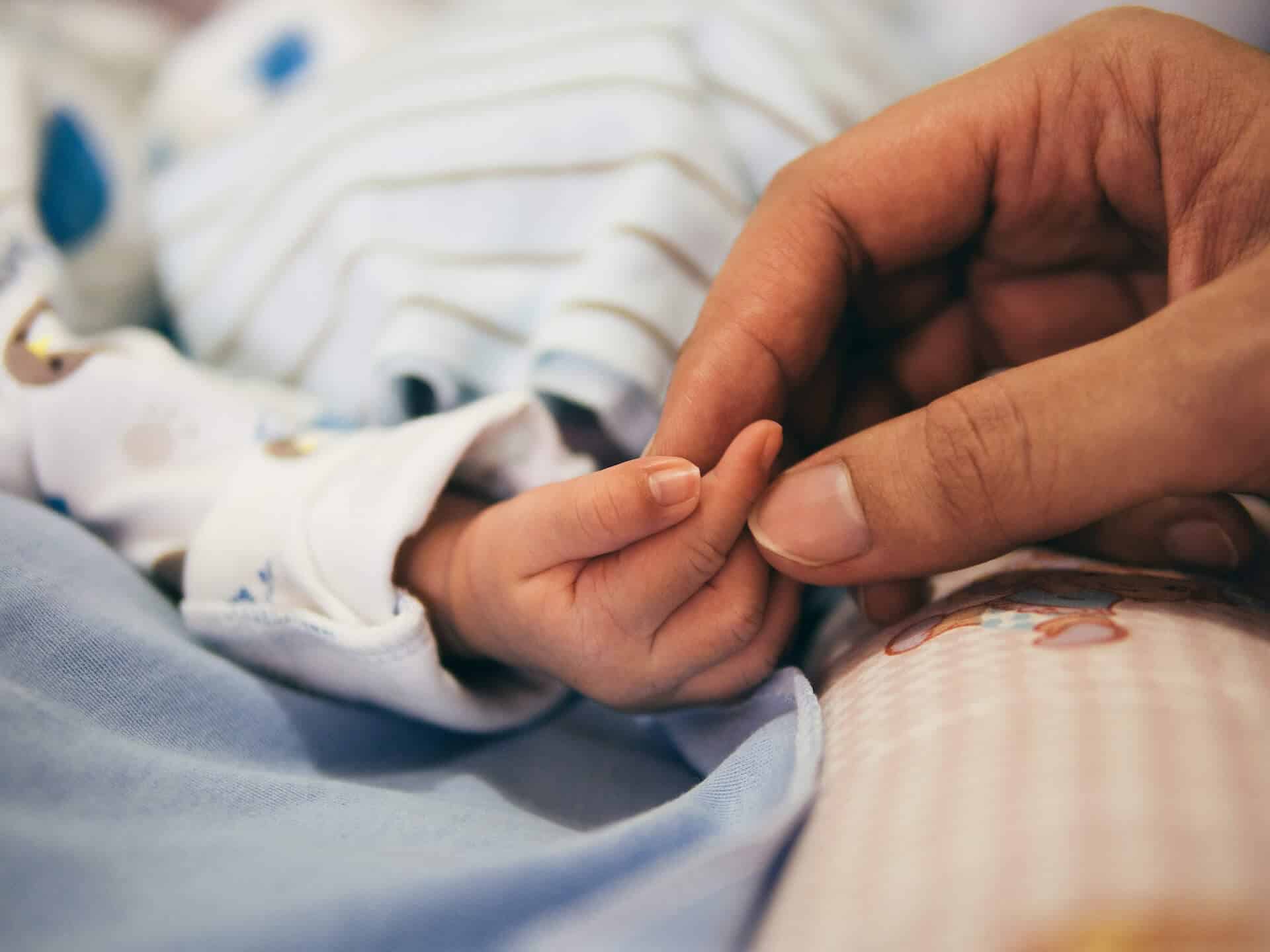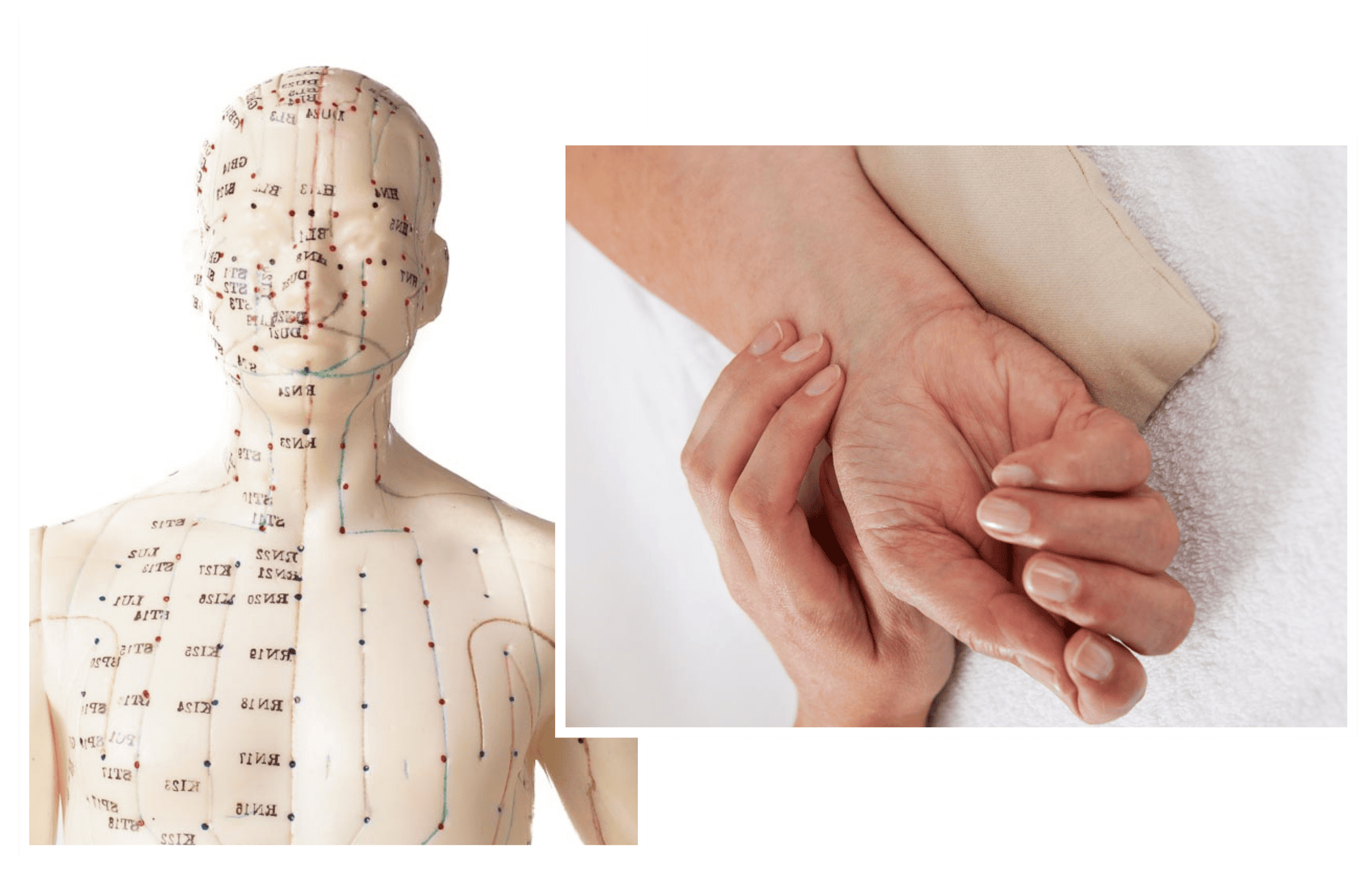
Introduction
Frozen embryo transfer (FET) is a procedure involving the insertion of previously frozen embryos into the uterus. Achieving optimal success in FET relies heavily on the health and quality of the uterine lining. Integrating acupuncture and traditional Chinese medicine (TCM) into the FET process has enhanced outcomes by improving uterine blood flow, reducing stress hormones, and increasing uterine receptivity. In the field of reproductive medicine, these ancient practices have shown measurable improvements in pregnancy rates and provide detailed recommendations for maximizing the potential for a successful pregnancy.
Acupuncture Benefits for Frozen Embryo Transfer: What the Research Shows
Enhancing Uterine Blood Flow
Acupuncture has been recognized for its ability to increase blood flow to the uterus. Stimulating specific acupuncture points enhances blood circulation, ensuring that the uterine lining receives the necessary nutrients and oxygen. Improved blood flow helps create an optimal environment for embryo implantation.
Reducing Stress Hormones
Stress can negatively impact fertility and implantation success. The effectiveness of acupuncture in reducing cortisol levels, the hormone associated with stress, has been well documented. By maintaining a lower stress level, the body becomes more receptive to embryo implantation, thereby improving the chances of a successful pregnancy.
Improving Uterine Receptivity
Uterine receptivity is critical for the successful implantation of the embryo. Acupuncture treatments enhance the expression of specific markers in the endometrium, increasing the likelihood of implantation and pregnancy maintenance.
Traditional Chinese Medicine for FET: Herbal Support and Dietary Guidelines
Herbal Medicine
In addition to acupuncture, TCM often involves the use of herbal medicine to support fertility. These herbal treatments are tailored to individual needs and can address specific issues such as thin uterine lining or hormonal imbalances.
Dietary Recommendations
TCM emphasizes the importance of a balanced diet in supporting reproductive health. Consuming foods that nourish the blood and promote a healthy uterine lining can significantly improve FET outcomes.
Clinical Evidence: Acupuncture and TCM Research for FET Success
Several studies have highlighted the benefits of integrating acupuncture and TCM into the FET process. For instance, a study by Shua et al. (2014) demonstrated that women undergoing IVF treatment who received acupuncture treatments had significantly higher pregnancy rates compared to those who received mock treatments. The acupuncture group showed improved embryo implantation rates, clinical pregnancy rates, and live birth outcomes. The study also noted improved uterine receptivity among the acupuncture group, as evidenced by ultrasound examinations, highlighting the measurable benefits of acupuncture in reproductive medicine. This research underscores how women undergoing in vitro fertilization can benefit from complementary acupuncture treatments as part of their comprehensive treatment plan.
Recommendations to Enhance FET Success
Supplements to Support FET
- Vitamin E: Enhances the thickness of the uterine lining. Recommended dosage: 600 IU/day.
- Vitamin D: Reduces inflammation and supports implantation and pregnancy. Recommended dosage: 5000 IU/day.
- L-Arginine: Improves endometrial thickness and enhances implantation.
Recommended dosage: 6g/day (avoid if there’s a history of herpes). - Red Raspberry Leaf Tea: One cup per day can improve the uterine environment and support conception.
Additional Therapies to Support FET
Low Light Laser Therapy (LLLT) increases the chances of pregnancy and enhances blood flow to the endometrium, thereby stimulating mitochondrial activity which repairs the effects of aging eggs and sperm. LLLT is 30 minutes per day on the lower abdomen on the aches and pains setting without pulse.
Transcutaneous Electro-Acupuncture Stimulation (TEAS) can increase the chance of live birth from embryo transfer. In 7 trials of 2,174 participants, TEAS increased the chance of live birth by 42% (Yang et. al. 2022). Patients who utilized TEAS during embryo transfer had a better-developed endometrium and increased serum progesterone around implantation (Feng et. al. 2022). Use 2-3x per week and day of embryo transfer.
Essential Lifestyle Changes for FET Success
Avoid Extremes in Temperature
- Avoid prolonged exposure to extreme heat or cold, such as hot baths, hot yoga, saunas, and iced beverages.
Minimize Exposure to Environmental Toxins
- Avoid perfumes and chemical cleaners, including certain laundry soaps and household cleaners, as they can disrupt endocrine function.
- Avoid smoking cigarettes and marijuana.
Fertility Diet: Foods to Eat and Avoid During FET Preparation
- Healthy diet: Focus on organic fruits and vegetables, lean protein sources, and whole grains.
- Avoid caffeine, sugar, alcohol, and spicy foods such as onions, garlic, and hot sauce.
- Blood-building foods:
- Dark leafy greens with avocado
- Warm chicken salads
- Eggs
- Red meat (consumed in small amounts, 2-4 ounces per serving, several times a week)
Optimal Acupuncture Treatment Timeline for FET
- 8 weeks prior to FET: Begin weekly acupuncture sessions (total of 8 pre-FET sessions).
- 4 weeks prior to FET: Alternatively, start twice-weekly acupuncture sessions (total of 8 pre-FET sessions).
- Day of FET: Acupuncture treatments both before and after the embryo transfer. Ideally, these sessions should be performed on-site at the IVF clinic. If on-site acupuncture is not possible, acupuncture can take place off-site on the day of your transfer or 24 hours before.
- After transfer: a follow-up visit 3 to 7 days after the transfer.
Stress Reduction Techniques for Better FET Outcomes
Positive Focus
- Engage in activities that bring joy and relaxation.
- Maintain a gratitude journal, watch humorous movies, meditate, and spend time with supportive family and friends.
Minimize Stress
- Practice stress-reducing techniques regularly to maintain a calm and positive outlook.
Exercise Guidelines: Safe Physical Activity During FET
Avoid Strenuous Activity
- Refrain from high-intensity training and running.
- On the day of FET, prioritize rest and avoid lifting heavy objects or engaging in strenuous activities that involve the pelvic muscles, such as yoga and pilates.
Conclusion
Integrating acupuncture and TCM into the frozen embryo transfer process offers a holistic approach to enhancing fertility and improving the chances of a successful pregnancy. By focusing on uterine health, reducing stress, and maintaining a balanced lifestyle, individuals undergoing FET can significantly increase their likelihood of achieving a positive outcome. Following the detailed recommendations provided can help create an optimal environment for embryo implantation and support a healthy pregnancy journey.
Take the Next Step Toward a Successful FET Journey
If you’re preparing for a frozen embryo transfer and want to maximize your chances of success, consider integrating acupuncture and traditional Chinese medicine into your fertility plan. These time-tested therapies do more than just support your physical health—they empower your body, calm your mind, and prepare your womb for implantation. Ready to take a holistic approach to your reproductive journey? Speak with us today and experience the difference a personalized, integrative strategy can make.
Frequently Asked Questions on the Role of Acupuncture in Frozen Embryo Transfer
What role does acupuncture play in enhancing frozen embryo transfer (FET) success?
Acupuncture enhances FET success by improving uterine blood flow, which nourishes the uterine lining with essential nutrients and oxygen. It also reduces cortisol, a stress hormone that can hinder implantation, and enhances uterine receptivity by increasing the expression of specific markers in the endometrium, making implantation more likely.
How can TCM support FET outcomes?
TCM supports FET outcomes by using herbal medicines tailored to address specific fertility issues like a thin uterine lining or hormonal imbalances. It also promotes dietary changes that emphasize nourishing the blood and uterine health. Studies show that integrating TCM practices such as acupuncture improves embryo implantation, clinical pregnancy, and live birth rates.
What lifestyle and dietary changes can enhance the chances of FET success?
To improve FET success, individuals should avoid exposure to extreme heat or cold and minimize contact with environmental toxins like chemical cleaners and perfumes. A diet focused on organic produce, lean proteins, and whole grains is recommended while avoiding caffeine, alcohol, and spicy foods. Blood-nourishing foods like dark leafy greens, eggs, and small portions of red meat can further support uterine health.

